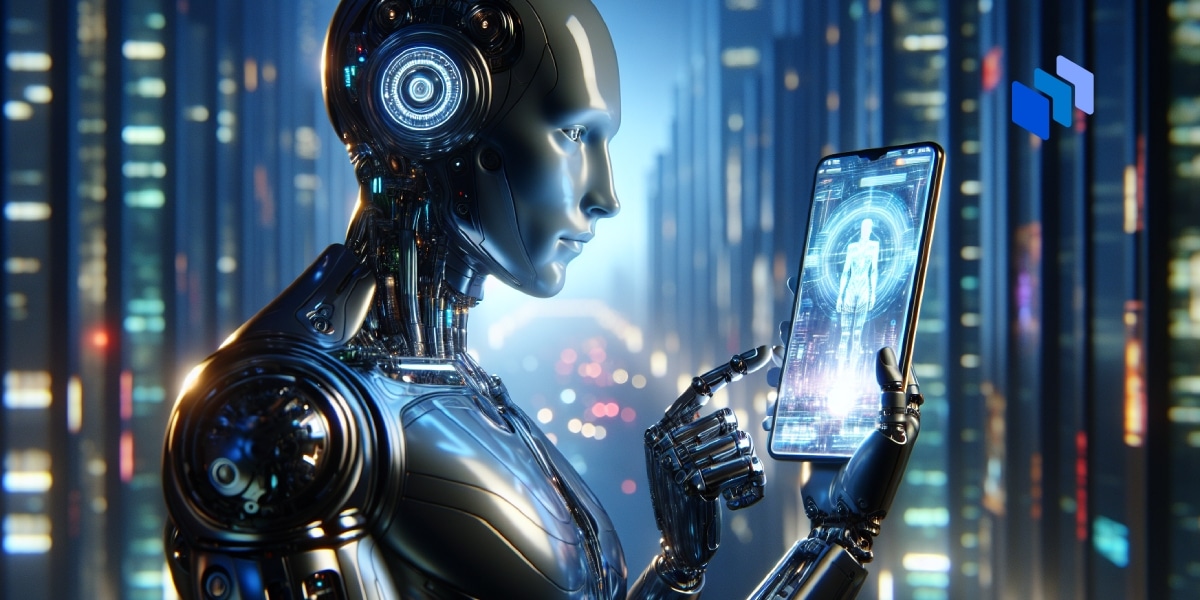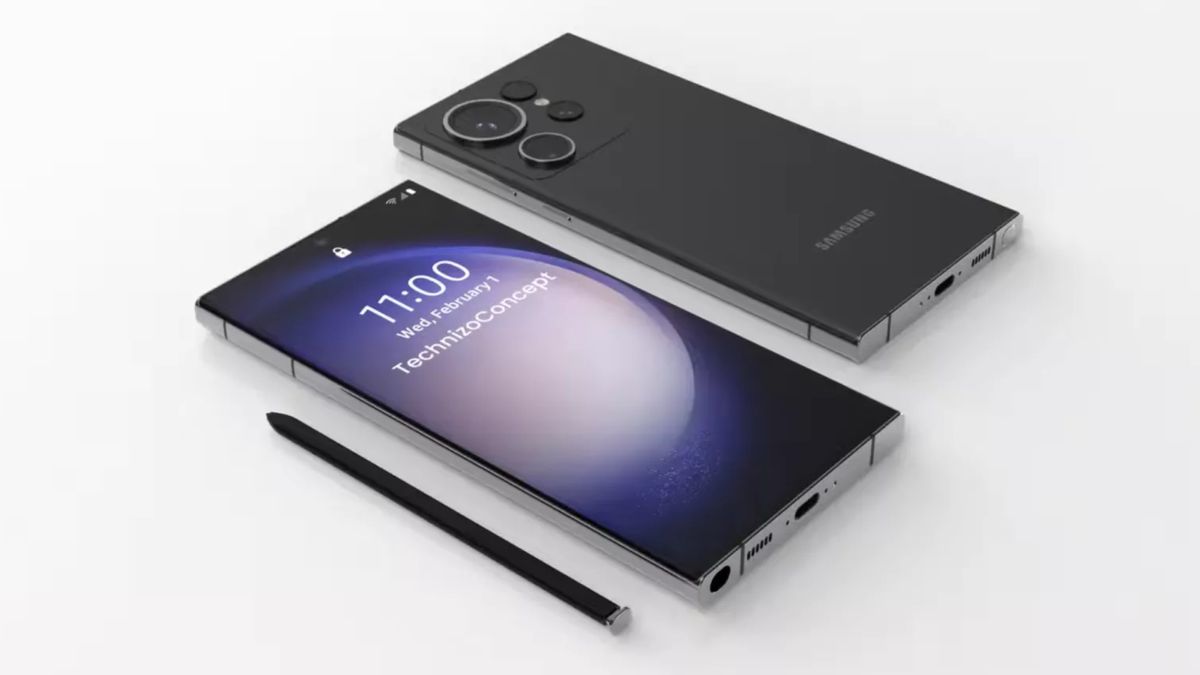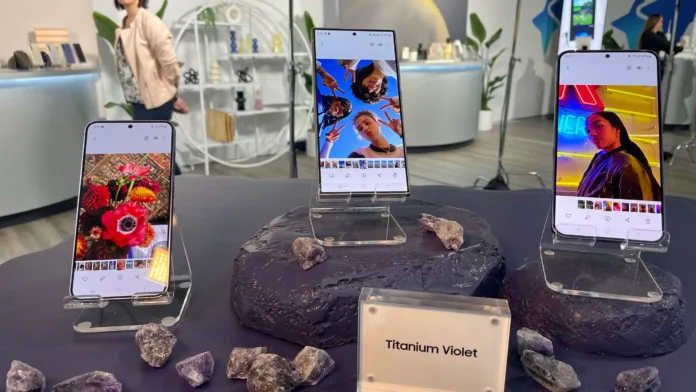“Phones with artificial intelligence”
It is the phrase you’ll probably hear this year as manufacturers of smartphones try to capitalize on the excitement around AI to increase sales of their products following a challenging period.
After its launch in late 2022, OpenAI’s ChatGPT generated a great deal of attention in generative artificial intelligence, particularly in models trained on massive datasets that can generate text, graphics, and prompts from client inputs. Since then, the excitement surrounding AI has transfused every business and captured the public’s attention.
The largest mobile industry trade exhibition in the world, the Mobile World Congress (MWC), begins on Monday in Barcelona, the city of Spain. Smartphone manufacturers see an opportunity to profit from this and will be showcasing their technology.
Bryan Ma, the executive director of customer device analysis at IDC, informed CNBC that Artificial Intelligence is the newest thing in the town, and no one wants to be perceived as outdated. This year, all of the vendors will be hopping on this buzzword.
Artificial Intelligent Phone
It’s more difficult to describe the gear because it varies depending on the manufacturer. The majority of analysts who talked with CNBC agreed that new gadgets would feature more sophisticated chips to support artificial intelligence (AI) programs and that such apps would operate locally on the gadget instead of in the public cloud.
Chipsets for smartphones have been introduced by companies like Qualcomm and MediaTek, enabling the computing power needed for AI applications.
However, AI technology in smartphones could be more revolutionary. Some AI-powered functions, including blurred background effects in smartphones and picture editing, have been present in devices for years.
Large language models and artificial intelligence with generative abilities are fresh developments. Huge AI models called “large language models,” which are trained on enormous volumes of data, form the basis for products like the commonly used chatbots. These models open up additional functionality, like chatbots’ capacity to produce text or graphics in response to user input.

These virtual assistants, which we have had for some time, are more than just chatbots. The distinction is that it is now generative, enabling them to compose a poem or provide a meeting summary. According to Ma, if word-to-image production is concerned, this has never been done before.
The phrase “on-device AI” is another important piece of the smartphone AI puzzle. In the past, a lot of AI apps were downloaded on phones and then partially processed in the cloud. However, more AI applications will probably be performed entirely in the device instead of in a data center due to improved CPUs and the possibility of huge language models becoming more efficient.
Senior researcher at CCS Insight Ben Wood told CNBC that one of the main stories at MWC would be the AI models’ ability to function natively on smartphones and tablets themselves, and that’s when it begins getting more important development.

Android makers claim that Since AI processes data on the device, it increases device security, opens up new applications, and speeds them up on the device.
According to Ma and Wood, this might allow developers to construct new applications.
According to Wood, smartphone manufacturers eventually hope to attain “anticipatory computing,” which is the concept that AI is intelligent enough to understand how you use the device and anticipate your next move, making it far simpler and requiring no effort on your part.
AI smartphones reality or fantasy
While AI has long been included in gadgets, the latest wave of on-board artificial intelligence with massive language models remains in its earliest stages.
Many AI-powered features will be on display by device manufacturers at MWC, and some of them are currently available. Samsung glorified its AI capabilities while launching its most recent Galaxy S24 smartphone line in January. The ability to mark up a text or image on any app and instantly search it on Google was one feature that caught people’s attention.
AI feature demonstrations, ranging from smartphone chatbots to camera apps, are going to take place at MWC.

However, as IDC’s Ma points out, many of these benefits rely on cloud processing and are not truly on-device. He continued that with current artificial intelligence (AI) features on devices, it will be “years” before third-party developers find a game-changing application or a tempting use case that consumers won’t be able to live without.
According to Wood, the risk lies in the fact that producers of smartphones tend to focus more on AI than on the experiences that their products can provide for customers.
Wood believes that consumers need to gain awareness of AI smartphones and require use cases to understand them. There’s a chance that people get “AI fatigue.”
In the end, it may be a while before smartphone makers achieve the grand AI experiences they anticipate.
We are developing an incredible AI on-device core platform. It may take some time before we begin to reap the benefits of all that regarding life-altering experiences, but 2024 is going to be a year when we look back and say that’s when it all started, according to Wood.




